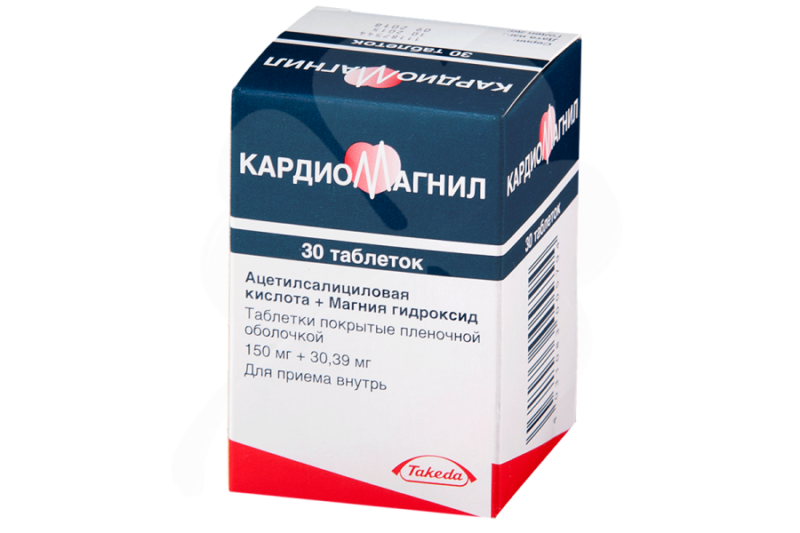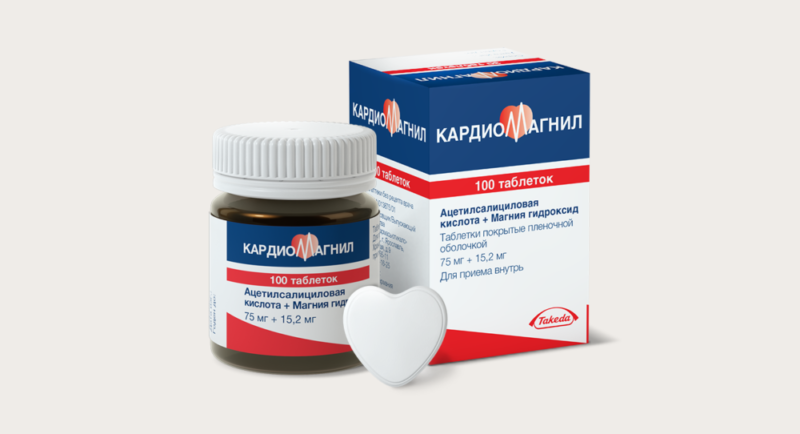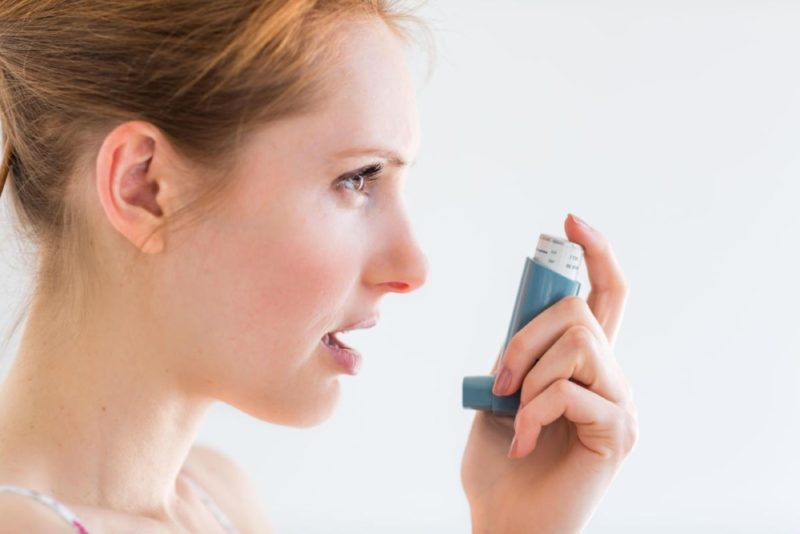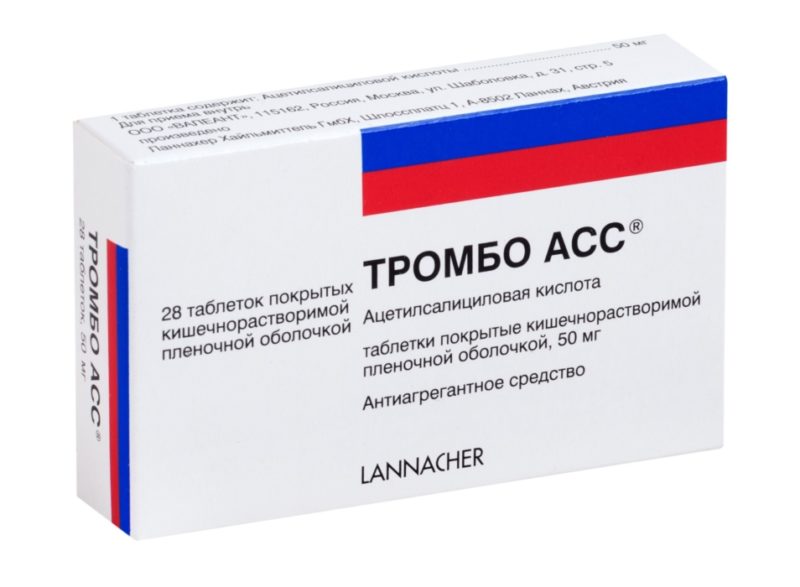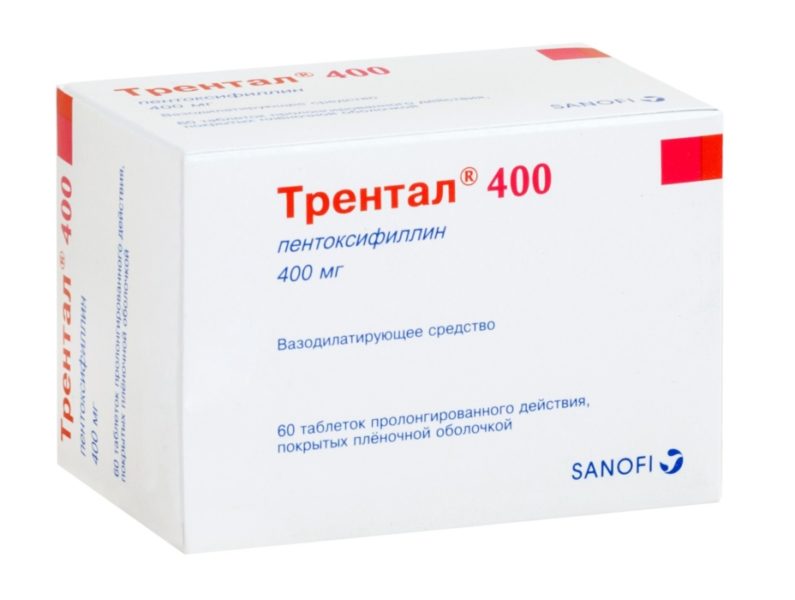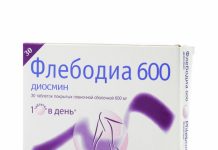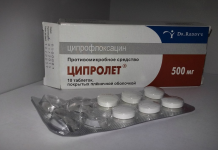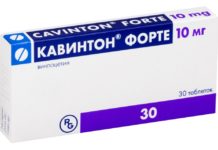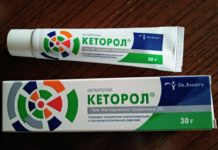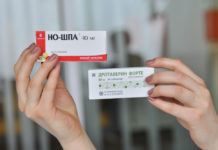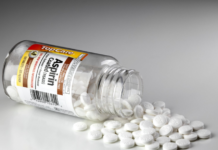Everyone has heard about the analgesic properties of acetylsalicylic acid, but few know that it is also used to treat cardiovascular diseases. A striking example is Cardiomagnyl, the benefits and harms of which are still being studied by modern medicine. Therefore, it is important to understand how the medicine works and whether it is effective for the treatment of diseases associated with blood circulation.
Material Content:
The composition of the drug
Cardiomagnyl is presented exclusively as tablets, which contain 75 mg or 150 mg of the active substance, acetylsalicylic acid.
The presence of magnesium hydroxide is important in the preparation. The mass of the auxiliary element is 15 mg or 30 mg, respectively.
Among other auxiliary components: talc, methyl hydroxyethyl cellulose, cellulose, corn and potato starch, magnesium stearate, propylene glycol.
The tablets are stylized, made in the form of a tiny heart, white.
The benefits of cardiomagnyl for the body
The mechanism of action of acetylsalicylic acid continues to be studied, while it is known that, in addition to a number of positive effects, the substance has an antithrombotic effect. Therefore, Cardiomagnyl is considered an extremely important tool for patients suffering from increased thrombosis.
Acetylsalicylic acid delays the activity of cyclooxygenase (COX-1).In platelets, because of this, inhibition of thromboxane A2, a substance that provokes the adhesion of platelets to each other, occurs. This prevents blockage of blood vessels, blood becomes more rarefied and freely circulates throughout the body.
In addition, it is known that acetylsalicylic acid has the following properties:
- mild analgesic effect;
- decrease in body temperature caused by viral or bacterial diseases, intoxication;
- elimination and calming of the centers of inflammation.
The second important component - magnesium hydroxide - neutralizes the negative effect of the active component on the gastrointestinal tract. It forms a thin film that prevents contact of the walls of the stomach with acid and protects from its irritating properties.
In what cases is the drug prescribed
The drug can be prescribed in the presence of such diagnoses:
- coronary heart disease (acute and chronic form);
- hypercholesterolemia;
- prevention of coronary syndrome in people who have reached the age of 50;
- arterial hypertension;
- prevention of secondary thrombosis;
- a high likelihood of thrombotic events in diabetes;
- the presence of myocardial infarction, stroke, other serious diseases of the heart or blood-forming system in one of the patient's relatives;
- increased risk of heart disease in obesity.
Indications Cardiomagnyl may also include pain, inflammation, high body temperature against a background of viral or bacterial diseases, etc.
Instructions for use and dosage
A special dosage has been developed for each diagnosis, but only a qualified doctor can prescribe this remedy. The specialist knows what is the benefit and harm to the body, and what dose will have the best therapeutic effect. It also determines the duration of the course.
Dosages for some cardiovascular diseases are listed below.
| Pathology name | Recommended Daily Dose (mg) |
|---|---|
| Coronary heart disease | 150 |
| Prevention of primary thrombotic events | 75 |
| Prevention of secondary thrombosis | 150 |
| Heart attack / unstable angina | 150-450 |
The tablet is recommended to drink plenty of water. For problems with swallowing, it can be crushed or dissolved in a small amount of liquid.
In pregnancy and HB
Acetylsalicylic acid is an active inhibitor of prostaglandin production, due to which an analgesic effect is provided. But it negatively affects the intrauterine development of the child and in some cases can cause a miscarriage in the early stages.
These data cannot be called confirmed, but it is strictly not recommended to prescribe to pregnant women preparations containing acetylsalicylic acid, including Cardiomagnyl. If clinically necessary (for example, the inability to take other anticoagulants), it is necessary to prescribe a minimum dose and reduce the course of treatment to several days.
Women in the third trimester of pregnancy are strictly prohibited from taking Cardiomagnyl and other drugs with a similar composition.
The following pathologies in the unborn child are possible:
- impaired renal function, including acute renal failure;
- cardiopulmonary toxicity.
For a woman, taking blood thinners can be fraught with the following:
- prolonged bleeding with significant blood loss (antiplatelet effect will make the blood more rarefied);
- decrease in uterine activity, which can significantly prolong and aggravate labor.
With lactation, the risk of side effects in a child or mother is extremely low, so taking salicylate-based drugs is not prohibited during breastfeeding.
Drug interaction
Acetylsalicylic acid readily reacts with many other components of drugs.Before taking Cardiomagnyl, it is necessary to inform the doctor about other drugs taken to minimize the possible negative consequences.
The main types of interactions of acetylsalicylic acid with other substances.
| A drug | Cardiomagnyl Reaction |
|---|---|
| Anticoagulants | Increased risk of bleeding |
| NSAIDs (non-steroidal anti-inflammatory drugs) | Enhances the irritating effect of salicylate on the digestive system, can lead to internal bleeding |
| Probenecid, sulfinpyrazone | The effectiveness of both substances is reduced |
| Methotrexate | The toxic properties of methotrexate increase |
| Eptifibatide, abciximab, tirofiban | Increased risk of internal bleeding |
| Spironolactone | Decrease in the effectiveness of drugs |
| Heparin | High chance of bleeding |
| Clopidogrel, ticlopidine | Strengthening the therapeutic effect of drugs |
| Acetazolamide | Toxicity increase |
| Antacids | Salicylate Reduced |
| Ibuprofen | Decrease in action of acetylsalicylic acid on CCC |
| Glucocorticosteroids | Increased risk of overdose with Cardiomagnyl |
| Digoxin | Increased serum digoxin levels |
| Valproate | High toxicity of acetylsalicylic acid |
| Furosemide | Decreased effectiveness of furosemide |
| Drugs for diabetes | The risk of hypoglycemia |
| Chickenpox vaccine | The possibility of Reye's syndrome (acute liver failure, develops mainly in children) |
Contraindications and possible harm
Cardiomagnyl is completely contraindicated for people with such disorders:
- asthma, as a side effect of taking salicylates;
- hemorrhagic diathesis;
- severe forms of renal, hepatic, heart failure;
- acute gastrointestinal ulcers.
The drug should be taken with caution in patients who have the following pathologies:
- an allergic reaction to salicylates, hypersensitivity to anti-inflammatory drugs, analgesics;
- disturbances in the liver;
- problems with the excretory system;
- intestinal or stomach ulcers, gastrointestinal bleeding;
- glucose-6-phosphate dehydrogenase deficiency;
- disorders associated with the need to take other anticoagulants.
Awareness of the doctor prescribing Cardiomagnyl about all diseases of the patient before starting treatment will help to avoid possible harm and quickly get rid of existing violations.
Side effects and overdose
Side effects are most often found in people who are predisposed to allergic reactions. They appear as skin rashes, runny nose, itching, less often progress to bronchial asthma or anaphylactic shock.
Among other adverse reactions of the body:
- gastrointestinal tract disorders;
- erosion in the stomach / intestines, which, without proper treatment, progresses to perforation and hemorrhage;
- prolonged bleeding with injuries from the nose, gums, and organs of excretion;
- with regular blood loss - anemia;
- with a deficiency of glucose-6-phosphate dehydrogenase - hemolytic anemia;
- extremely rarely - renal or liver failure.
Taking large doses of Cardiomagnyl (the amount of 300 mg per 1 kg of body weight is considered dangerous) leads to an overdose. It has a hidden character at first, then progresses, and the symptoms become more pronounced. There are several forms of salicylate poisoning, which are described in the table below.
| Degree of poisoning | Symptoms |
|---|---|
| Average | • increased sweating; •weakness; •dehydration; •fever; • dyspeptic disorders; • respiratory alkalosis (impaired blood supply to the brain as a result of rapid breathing); • rapid breathing; • metabolic acidosis (accumulation of acids in the body). |
| Sharp | • significant changes in acid-base balance; • metabolic acidosis. |
| Heavy | • hypotension (low blood pressure); • hypoglycemia (low blood glucose); • coagulopathy (pathologically rarefied blood); •arrhythmia; • pulmonary edema, brain; • cramps; •coma. |
Treatment depends on the severity of symptoms, may include the use of activated charcoal, gastric lavage, alignment of the acid-base balance in the body.
Cardiomagnyl analogues
Direct and indirect analogues of Cardiomagnyl can be easily found in any pharmacy because of the prevalence of its active component.
For example, Magnikor completely copies Cardiomagnyl tablets. In the composition - the same components, the indications for use, contraindications and side effects coincide. Differences can be seen only in additional components and price - Magnikor cheaper.
Combi-Ask also contains acetylsalicylic acid and magnesium hydroxide. The auxiliary composition is completely different due to the film coating on which the Combi-ask tablets are coated.
Acard is also an antithrombotic, similarly active substance, but magnesium hydroxide, which minimizes the negative effect on the stomach, is not present in the composition. The tablets are coated with a specific membrane, which breaks down in the intestine, releasing the active components. Due to this, the reaction of the acid with the gastric environment is excluded, and the reception does not threaten gastrointestinal disorders. Contraindications and side effects are the same as Cardiomagnyl.
The preparations Trombo ACC, Thrombopol, Aspicor are also enteric tablets based on acetylsalicylic acid.
Tiklid belong to non-structural analogues of Cardiomagnyl. It does not contain salicylates and is based on ticlopidine. The substance acts selectively, thereby significantly reducing the risk of side effects. It surpasses acetylsalicylic acid in efficiency, also higher in price.
Clopidogrel is based on clopidogrel bisulfate. The drug is less effective and is often prescribed additionally to enhance the action of Cardiomagnyl or its direct analogue.
Trental is based on pentoxifylline. Its action is aimed not only at preventing thrombosis, but also at improving blood circulation by preventing aggregation of platelets, red blood cells, strengthening the walls of blood vessels, their moderate expansion and saturation of tissues with oxygen.
The most common and widely used are anticoagulants - a group of substances that is aimed at preventing the formation of blood clots. Some of their species (for example, Heparin, Hirudin) block the activity of thrombin in the body, others stop the formation of prothrombin in the liver, an enzyme for blood coagulation (Warfarin, Fenilin, Sinkumar, etc.). Means of a deeper action, therefore, have a wide list of side effects, contraindications and interactions with other substances. Assigned only for complex pathologies.
Cardiomagnyl is a popular drug for stopping thrombosis, affordable and beneficial. But, despite its prevalence, it is necessary to comply with all the doctor's prescriptions regarding therapy: acetylsalicylic acid - the active component that can cause severe adverse reactions, is especially dangerous in case of an overdose.


